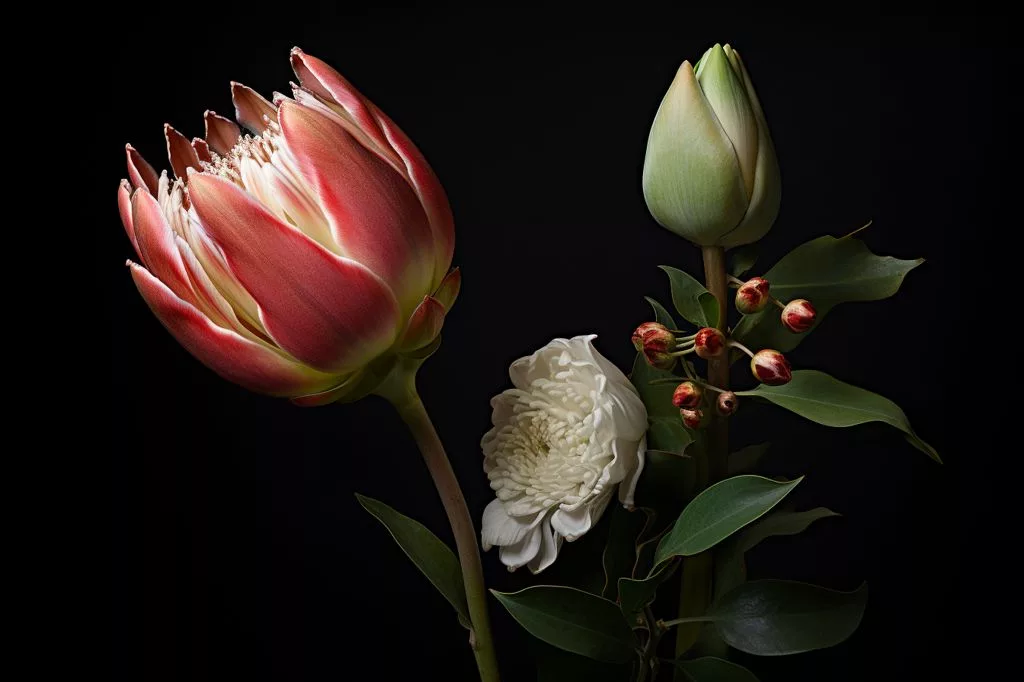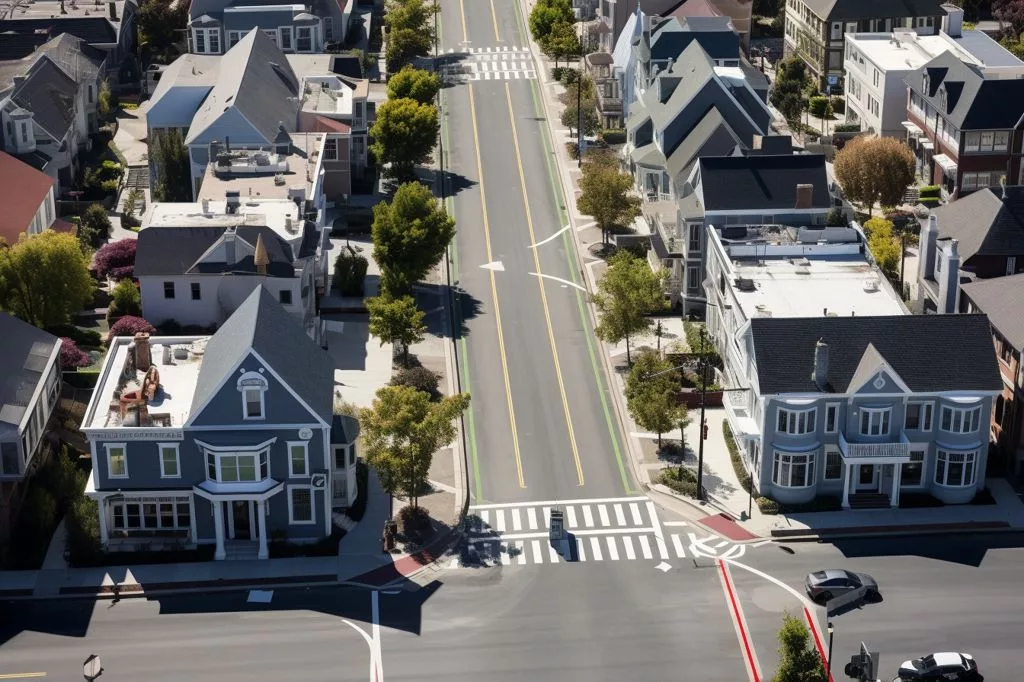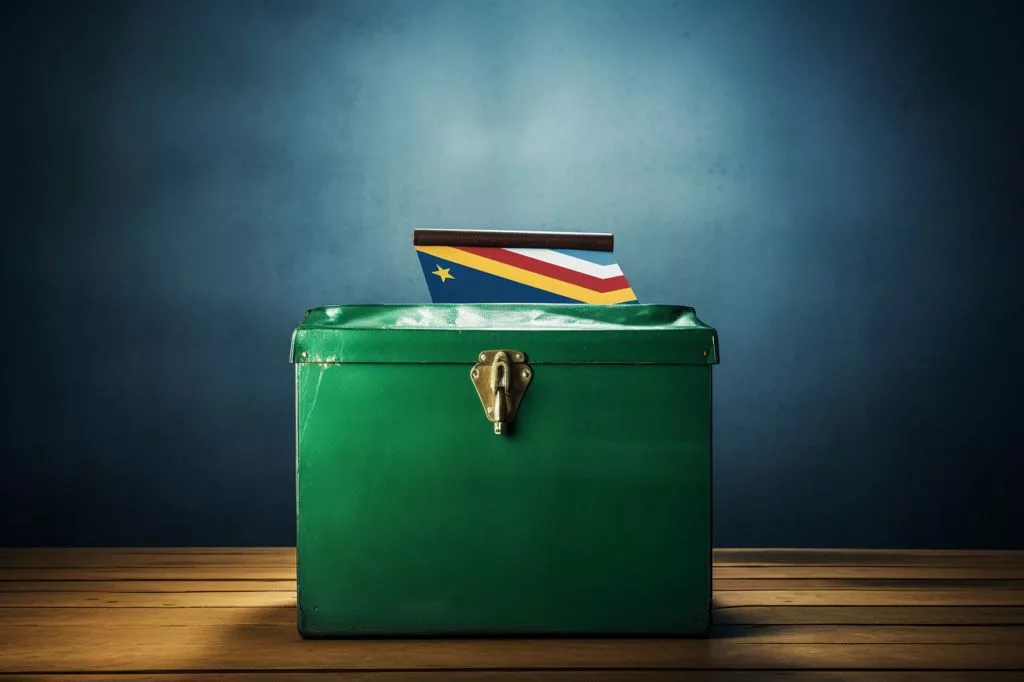The Dutch Royal Couple’s recent visit to South Africa marked a milestone in the relationship between the two countries, dating back to the 17th century. The visit aimed to strengthen their shared principles of promoting human rights, fostering equality, and enhancing their citizens’ well-being. The trip also focused on acknowledging the past and building a brighter future through expanding cooperation in trade, investment, and education. The visit emphasizes the growing partnership between the two nations and their shared commitment to development and international collaboration.
What was the purpose of the Dutch Royal Couple’s visit to South Africa?
The Dutch Royal Couple’s visit to South Africa aimed to strengthen the relationship between the two countries, promote human rights, foster equality, and enhance the well-being of their citizens. The trip also focused on acknowledging the past, embracing the future, expanding cooperation in trade, investment, and education, and advancing international collaboration, dialogue, and peace-building efforts.
A Milestone in South Africa-Netherlands Relations
King Willem-Alexander and Queen Máxima of the Netherlands embarked on their first state visit to South Africa, marking a significant moment in the long-established relationship between the two countries. Hosted by President Cyril Ramaphosa, the trip focused on strengthening their shared principles, promoting human rights, fostering equality, and enhancing the well-being of their citizens.
The connection between South Africa and the Netherlands can be traced back to 1652 when Dutch settlers first established a presence in the Cape. Even though the Dutch relinquished control of the Cape over two hundred years ago, Dutch influences continue to be evident in South African culture and language. For example, the Afrikaans language, which has its origins in Dutch, is still the country’s third most popular language. Additionally, South Africa’s Muslim community owes its beginnings to the arrival of free laborers and political exiles from the Dutch East Indies in 1658.
Following the end of colonial rule, the Netherlands played a vital role in supporting the anti-apartheid movement, with several anti-apartheid organizations operating within its borders. Presently, both countries are dedicated to addressing the injustices of the past while building a new foundation based on tolerance, understanding, and a brighter future for their people.
Acknowledging the Past and Embracing the Future
King Willem-Alexander’s recent apology for the Netherlands’ involvement in the slave trade, including in South Africa, was lauded by President Ramaphosa as a crucial step towards reconciliation, restoration, and healing historical wounds. Amid ongoing global conflicts like those in Israel, Palestine, Russia, and Ukraine, the South African leader underscored the significance of international collaboration, dialogue, and peace-building efforts.
The peaceful shift from apartheid to democracy in South Africa stands as a symbol of hope, proving that even the most bitter of enemies can unite to create a better future. The evolving partnership between South Africa and the Netherlands exemplifies this transformation. The Netherlands, once a colonial power, now actively supports development and economic growth in the developing world, including its former colonies.
Throughout the COVID-19 crisis, the Netherlands supplied South Africa with personal protective equipment and contributed to the country’s Solidarity Fund. Additionally, the two nations have worked together on various international platforms to advocate for democratic values, human rights, and the role of women in peace and security.
Expanding Cooperation in Trade, Investment, and Education
Trade and investment between South Africa and the Netherlands have grown significantly, with the Netherlands becoming one of South Africa’s main trading partners. From 2019 to 2022, the total trade volume doubled, and Dutch tourism to South Africa remains strong. The Dutch royal couple’s state visit included a substantial business delegation, prepared to engage constructively with South African counterparts.
Joint efforts between the two countries span numerous sectors, encompassing agriculture, education, skills development, transport, logistics, science, innovation, and water management. Their collaboration in energy, particularly green hydrogen and renewable energy, is especially noteworthy.
The state visit also emphasized the increasing cooperation between South African and Dutch universities since South Africa’s transition to democracy. This strategic partnership has evolved, matured, and become increasingly mutually beneficial.
As South Africa and the Netherlands continue to expand their collaboration, their shared values and commitment to development will guide their efforts to write a new, triumphant chapter in their intertwined history. The state visit of King Willem-Alexander and Queen Máxima serves as a testament to the robust ties between the two nations, heralding a brighter future for their citizens and the global community.
How far back does the relationship between South Africa and the Netherlands date?
The relationship between South Africa and the Netherlands dates back to 1652 when Dutch settlers first established a presence in the Cape.
What were the shared principles emphasized during the Dutch Royal Couple’s visit to South Africa?
During their visit, the Dutch Royal Couple emphasized promoting human rights, fostering equality, and enhancing the well-being of their citizens.
What role did the Netherlands play in supporting the anti-apartheid movement in South Africa?
The Netherlands played a vital role in supporting the anti-apartheid movement in South Africa, with several anti-apartheid organizations operating within its borders.
What was King Willem-Alexander’s recent apology concerning the Netherlands’ involvement in South Africa?
King Willem-Alexander’s recent apology was regarding the Netherlands’ involvement in the slave trade, including in South Africa.
What sectors do joint efforts between South Africa and the Netherlands encompass?
Joint efforts between South Africa and the Netherlands encompass numerous sectors, including agriculture, education, skills development, transport, logistics, science, innovation, and water management.
How has trade and investment between South Africa and the Netherlands grown in recent years?
Trade and investment between South Africa and the Netherlands have grown significantly, with the Netherlands becoming one of South Africa’s main trading partners. From 2019 to 2022, the total trade volume doubled, and Dutch tourism to South Africa remains strong.
What is the state of collaboration between South African and Dutch universities?
The state visit emphasized the increasing cooperation between South African and Dutch universities since South Africa’s transition to democracy, which has evolved, matured, and become increasingly mutually beneficial.
What values guide the collaboration between South Africa and the Netherlands?
The shared values of promoting development and a commitment to international collaboration guide the collaboration between South Africa and the Netherlands.








